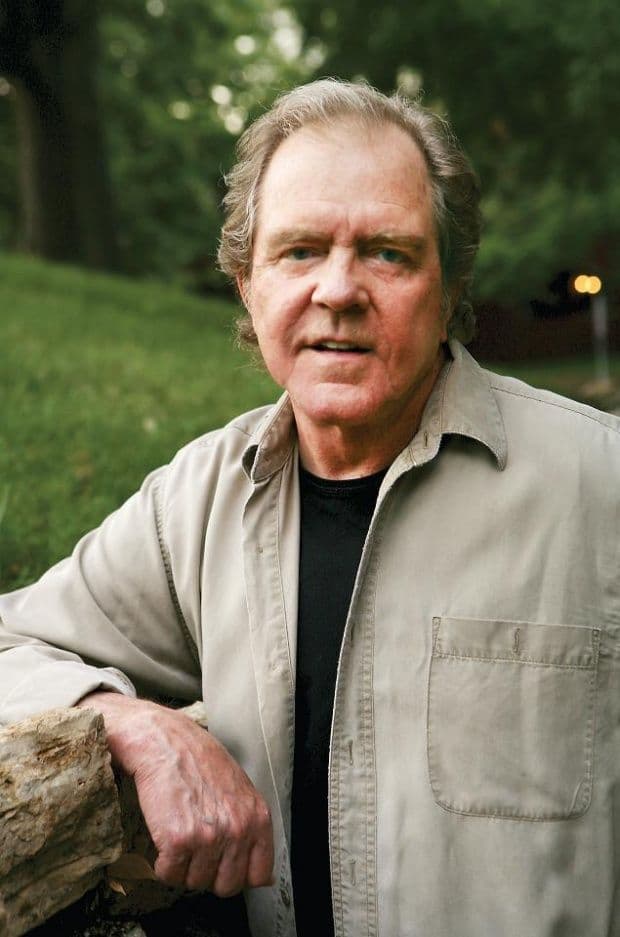
A Timeless Lament of Love’s Fading Hue
Michael Johnson’s “Bluer Than Blue” isn’t just a song; it’s a tender embrace of melancholy, a quiet understanding of the ache that accompanies a love slowly dimming. Released in 1978, this folk-pop gem, off his fifth album “The Michael Johnson Album”, soared to No. 12 on the Billboard Hot 100, and found even greater success on the Adult Contemporary chart, peaking at No. 1. For many of us who remember those days, tuning in to the radio, it wasn’t just a hit; it was a companion, a gentle voice articulating feelings we often couldn’t quite put into words ourselves.
The story behind “Bluer Than Blue” is as understated and poignant as the song itself. Penned by the remarkably talented Randy Goodrum, the track emerged from a period of personal reflection for Goodrum, who crafted it from the very real and relatable experience of watching a relationship, once vibrant, begin to lose its luster. It speaks to that subtle, almost imperceptible shift when the connection that once burned so brightly starts to cool, leaving behind a pervasive sense of wistful sadness. Johnson, with his warm, inviting vocal delivery and impeccable guitar work, was the perfect conduit for this delicate narrative. His interpretation elevated Goodrum’s lyrics from mere words on a page to a universal anthem of quiet heartbreak.
At its core, “Bluer Than Blue” is a meditation on the often-unspoken sorrow of a love that hasn’t dramatically imploded, but rather, has simply faded. It’s not about a stormy breakup or a betrayal; it’s about the dawning realization that the passion has ebbed, leaving behind a hollow space. The lyrics, “Bluer than blue, sadder than sad, you’re the only love I’ve ever had,” resonate with a profound sense of resignation, a quiet acceptance of a truth that is deeply painful but undeniably present. It speaks to the bittersweet irony of loving someone still, even as you sense the inevitable drift apart. For those of us who have weathered the seasons of love, who have seen relationships bloom and then gently wilt, this song is a mirror, reflecting those moments of quiet despair and profound understanding.
What makes “Bluer Than Blue” so enduring, so deeply embedded in the collective memory of a certain generation, is its remarkable ability to evoke empathy without resorting to melodrama. Johnson’s delivery is restrained, allowing the vulnerability of the lyrics to shine through. The gentle acoustic guitar, the subtle string arrangements – every element works in harmony to create an atmosphere of quiet introspection. It’s a song that invites you to sit with your own memories, to recall those tender, sometimes painful, moments when love felt like a fragile thing, easily bruised and even more easily lost. It reminds us that sometimes, the deepest sorrows aren’t expressed in shouts and tears, but in a quiet sigh, a faraway look, or the simple, profound realization that things are, indeed, “Bluer Than Blue.” It remains a poignant reminder of love’s delicate dance, a timeless melody for anyone who has ever known the quiet ache of a fading affection.